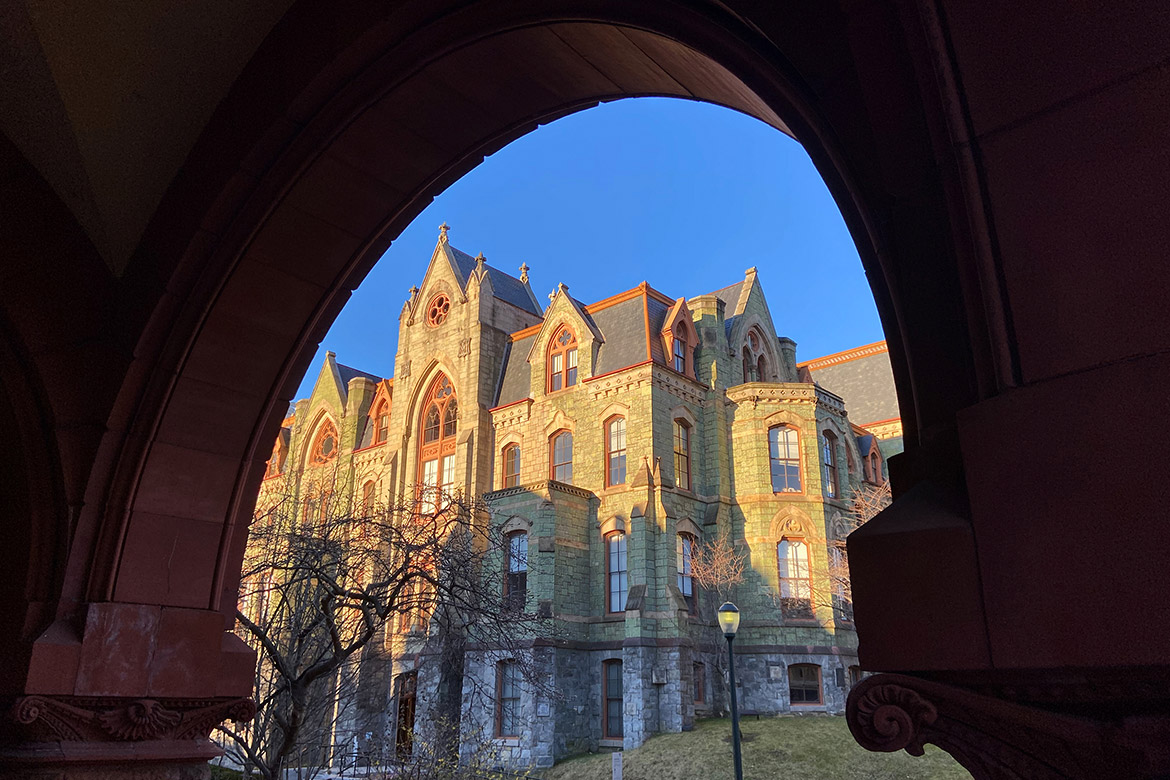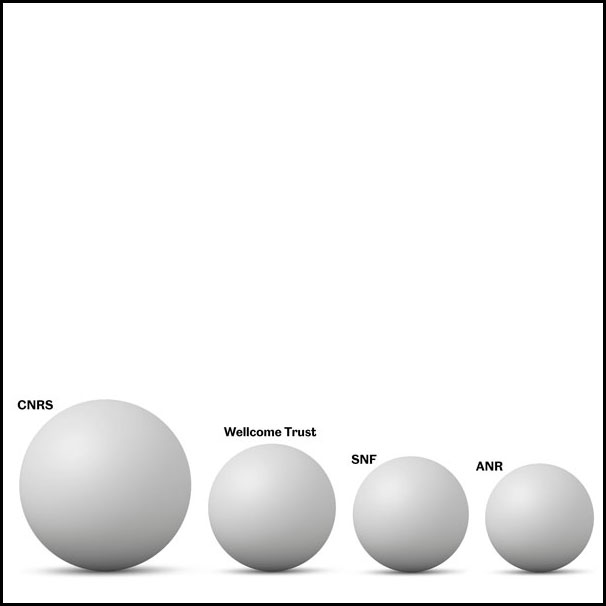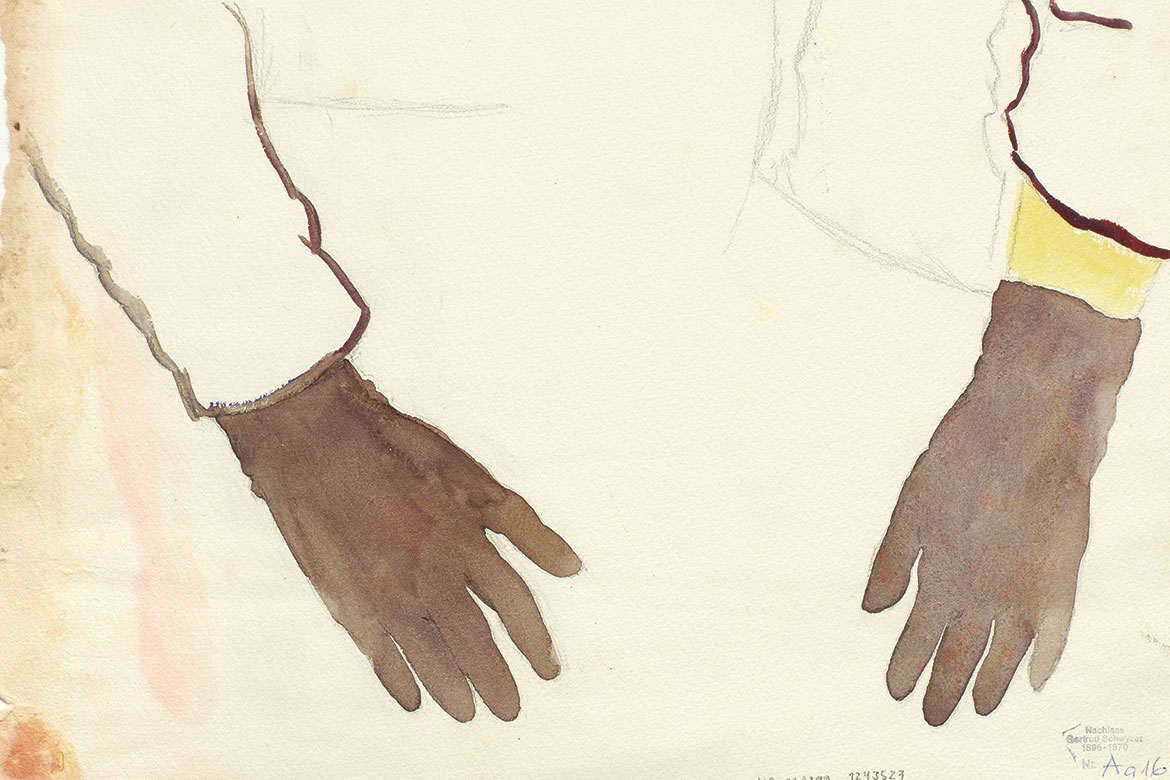INTEGRITY
Making research fraud public in the USA
If you’re held accountable for research misconduct, it should be made public. Plans to change the regulations of the US Office of Research Integrity are currently a topic of fierce debate.

No university library wants to harbour improper research results. But some US institutions do want to keep the results of investigations out of the public eye. We see here the Library of the University of Pennsylvania in Philadelphia. | Image: iStock
Unlike Switzerland, the USA has a central authority to discipline cases of misconduct in state-funded research: the Office of Research Integrity (ORI). Its oversight also encompasses the National Institutes of Health – the world’s biggest research organisation. The ORI is currently revising its regulations. While this is generally being welcomed, there is also resistance to certain details.
The primary topic of discussion concerns publishing the results of the ORI’s investigations. It’s already possible to find out which individuals are currently subject to the ORI’s administrative measures. As of January 2024, a total of 30 case summaries can be found on the ORI website, including the names of researchers proven to be responsible for misconduct. In future, the ORI wants to publicise relevant aspects of cases that have been investigated internally by the universities themselves. This is to help protect public health, for example. However, Minal Caron – a lawyer representing the universities – has complained to Science Magazine that publishing only parts of such investigations could be misleading. “These reports are hard to write, and university committees struggle to get the wording just right”, says Caron. “So a brief summary could be very misleading”. Others are concerned about protecting privacy. “Sometimes you want to give people a chance to recover from it, and stay in science. But that’s hard to do once you’ve been named”, says Susan Garfinkel of Ohio State University.
Others feel it’s important to prevent universities from simply sweeping such cases under the proverbial carpet. Eugenie Reich is a lawyer for whistleblowers, and she is convinced that these new rules will be an incentive for the universities to make their findings public. She says that the ORI “is basically telling them that “if you don’t, we might”. Tina Gunsalus from the University of Illinois at Urbana-Champaign also finds the fears of the universities to be overblown: “Some universities have released their findings, and the sky hasn’t fallen”. Discussions are due to be completed this year, with the new regulations entering into force in 2025. Incidentally: Switzerland already has a codex for research integrity, and discussions are ongoing about setting up an appropriate platform.




